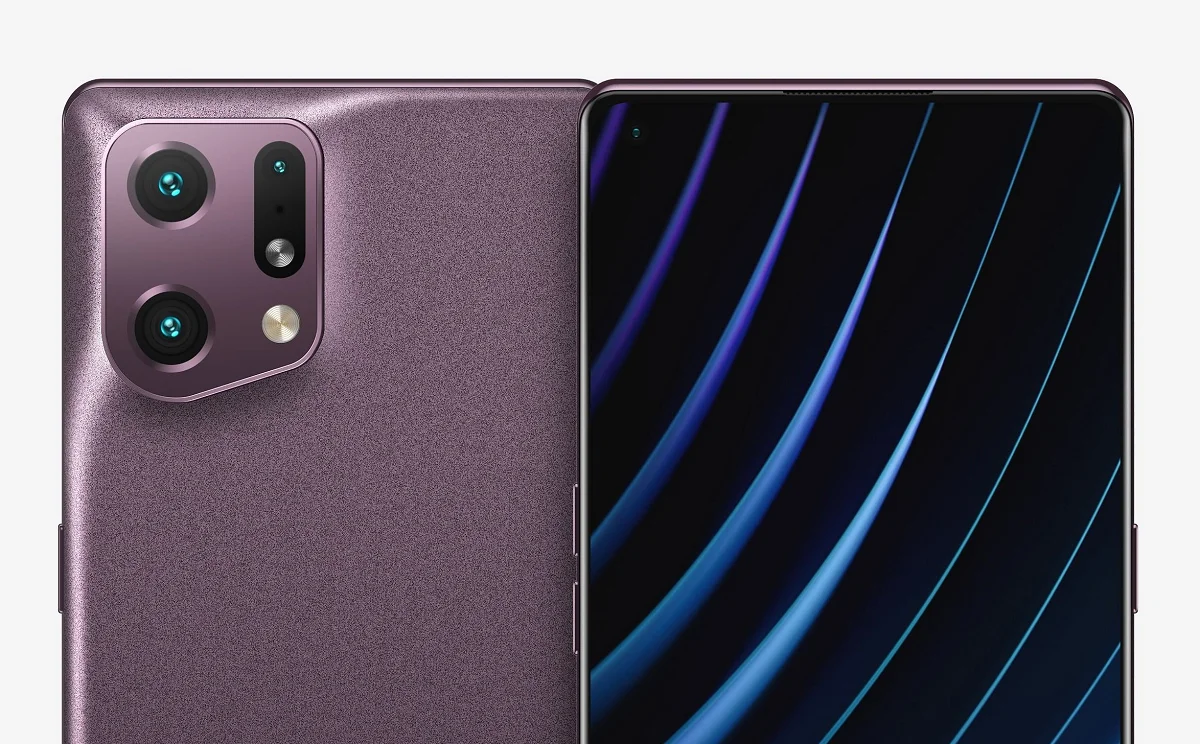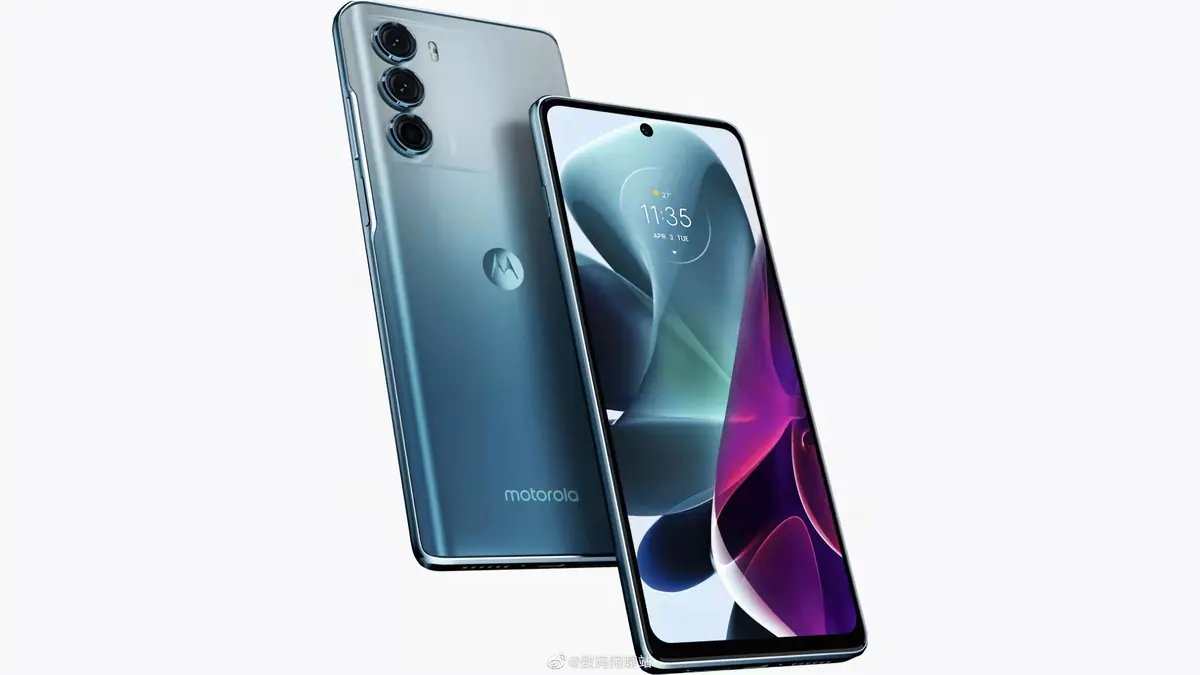In recent years, Apple has been releasing its dependencies on other manufacturers. They got rid of Intel in their Macs and aimed to develop their own 5G modem for iPhones as well. This goal resists them, forcing them to expand the alliance they have had for years with Qualcomm.
Apple needs Qualcomm (for now). As reported by Bloomberg, the Cupertino company has extended its agreement with Qualcomm for another three years. The reason was that they still needed modem chips; This is a sign that Apple’s efforts to have its own chip are not currently producing the expected results, as analysts noted months ago.
iPhone 16, 17 and 18 will have Qualcomm modems. The new agreement announced by Qualcomm will cover smartphones to be released in 2024, 2025 and 2026 and will “strengthen Qualcomm’s track record of leadership in 5G products and technologies.” The alliance between the two companies had an expiration date this year, and the iPhone 15 was expected to be the last model to rely on Qualcomm chips. It won’t be like this.
Interesting deal. This alliance reaffirms Apple’s role as Qualcomm’s main customer. Almost 25% of Qualcomm’s sales come from Apple, according to Bloomberg. The company thus reinforces its role in the development of chips that facilitate modem functions, the component that allows our mobile devices to connect to the Internet and make calls.
Qualcomm is on the rise in the stock market. The news had an immediate impact on Qualcomm shares on the stock exchange: The value before markets opened was 8% higher than last Friday’s close. Apple, on the other hand, increased its value by only 1%.
Creating a modem is not easy. Apple has been trying to develop its own modem chips since 2018, and its acquisition of Intel’s smartphone chip division in 2019 was expected to help accelerate this project. Apple’s chief chip officer Johny Srouji explained that developing its own modems in 2020 was a “major strategic transition.”
A love-hate relationship. The relationship between Apple and Qualcomm is turbulent: The Cupertino company sued Qualcomm over its licensing model, but lost the legal battle and decided to license its technology. The agreement was planned to last until 2025, with an option to extend for another two years. While Cook’s company started its 5G modem project with the help of former Qualcomm employees, Qualcomm responded by hiring former Apple engineers to develop its rival for M1 chips.
in Xataka | Apple secured the future of its chips by signing an agreement with Arm that will be valid after 2040













